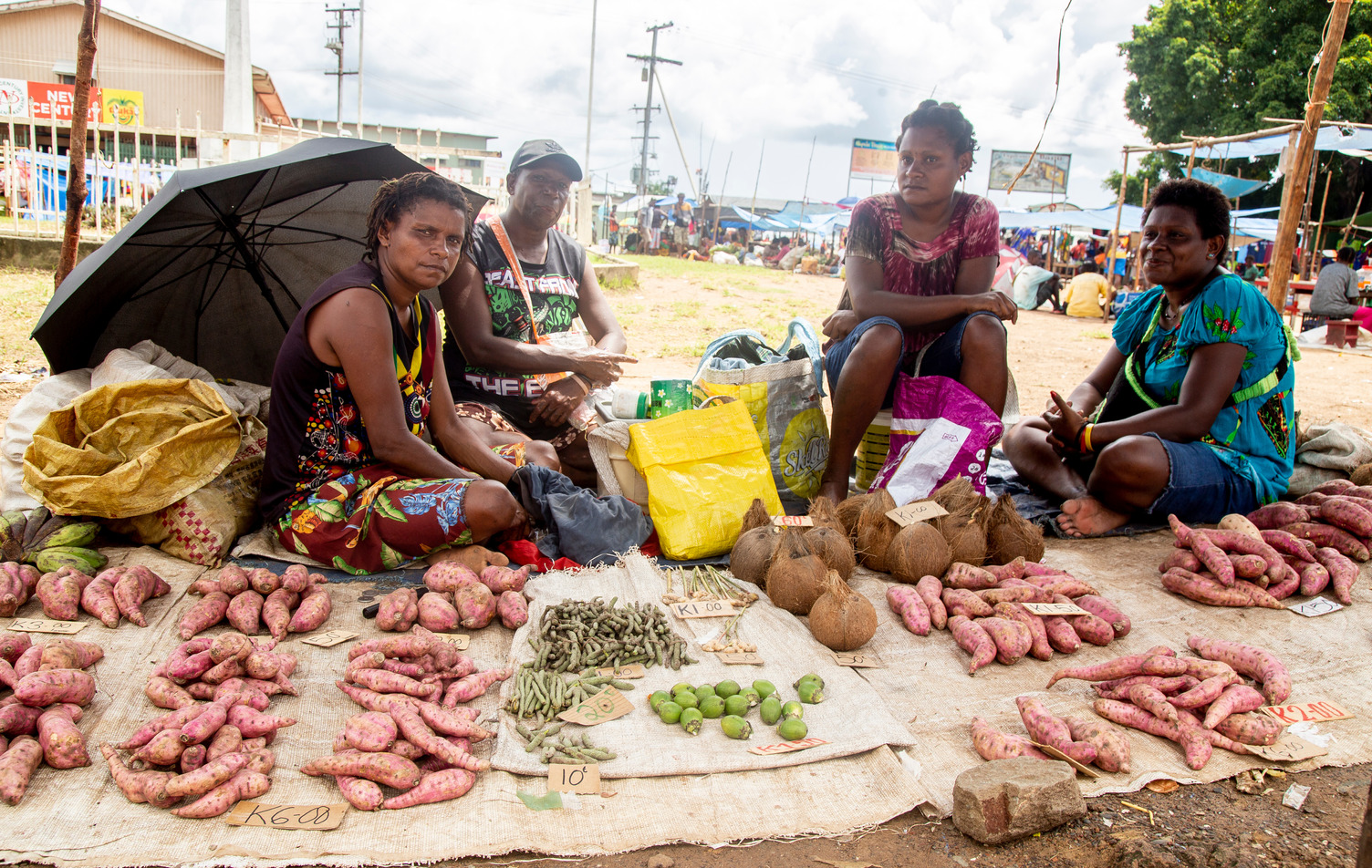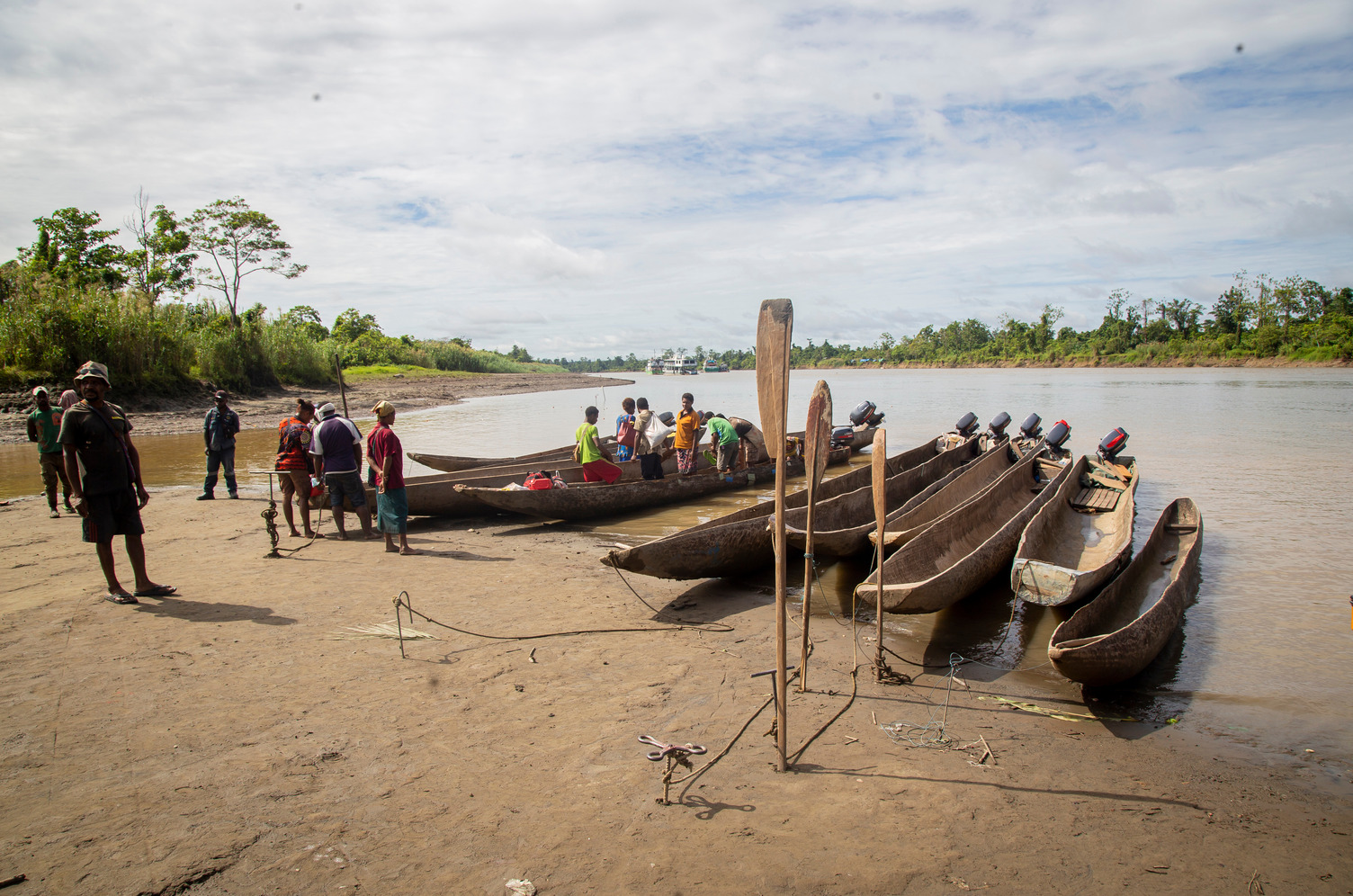Capitalising on local community knowledge and capabilities in the Western Province of Papua New Guinea (PNG) is the focus of two new small research activities that will build community resilience to the growing livelihood threats of extreme weather, lack of market access and the COVID-19 pandemic.
Led by Western Sydney University, the ACIAR-funded initiative will review decades of research and development work in the region to highlight community assets, indigenous and women's knowledge, diverse economic activities, and ways these have been used in projects to strengthen livelihoods.
The study will help guide government and development partners in designing interventions that harness the knowledge and capabilities of local communities.
ACIAR Fisheries Research Program Manager, Professor Ann Fleming, said that development projects mostly take a deficit approach-identifying problems and offering external solutions. The new research will take a strengths-based approach- identifying how existing strengths and assets are understood and how these might be better used across the province.
'The research will identify assets like indigenous knowledge, successful agricultural, fisheries or forestry activities and community-based organisations like churches and government offices. It will also consider challenges posed by the changing physical environment, including transport networks and markets.
'We want to take stock of these assets and capacities to see how best they can be used or supported to strengthen agricultural resilience and rural development more broadly across the province,' Professor Fleming said.

Western Sydney University Professor Katherine Gibson, who will lead one of the research activities, said Western Province faces unique challenges.
'It is the largest province by area in PNG and encompasses diverse cultures, ecologies and economic activities.'
'The research aims to use a strengths perspective to produce an overview of studies and development interventions across the province so that this information can contribute to building agricultural resilience,' Professor Gibson said.
University of Canberra Associate Professor Katharine McKinnon, who will lead the second small research activity, said their research will study the community development methods that have been used in projects across the province.
'Once we understand how projects have worked, we can identify economic and food security activities, including in the agriculture sector, that are suited to the different social and geographic groupings. By targeting development efforts, we can give communities the best chance to become self-reliant and ensure sustainability,' Associate Professor McKinnon said.

In addition to these two research activities, ACIAR is also supporting a research project to develop business models for small-scale fisheries in Fly River communities, with a focus on women's roles in mud crab fishing and tilapia processing.
ACIAR working in partnership with PNG supports a total of 25 research for development projects across the country, in agriculture, fisheries, forestry, gender and climate change.
Learn more via the ACIAR website.






